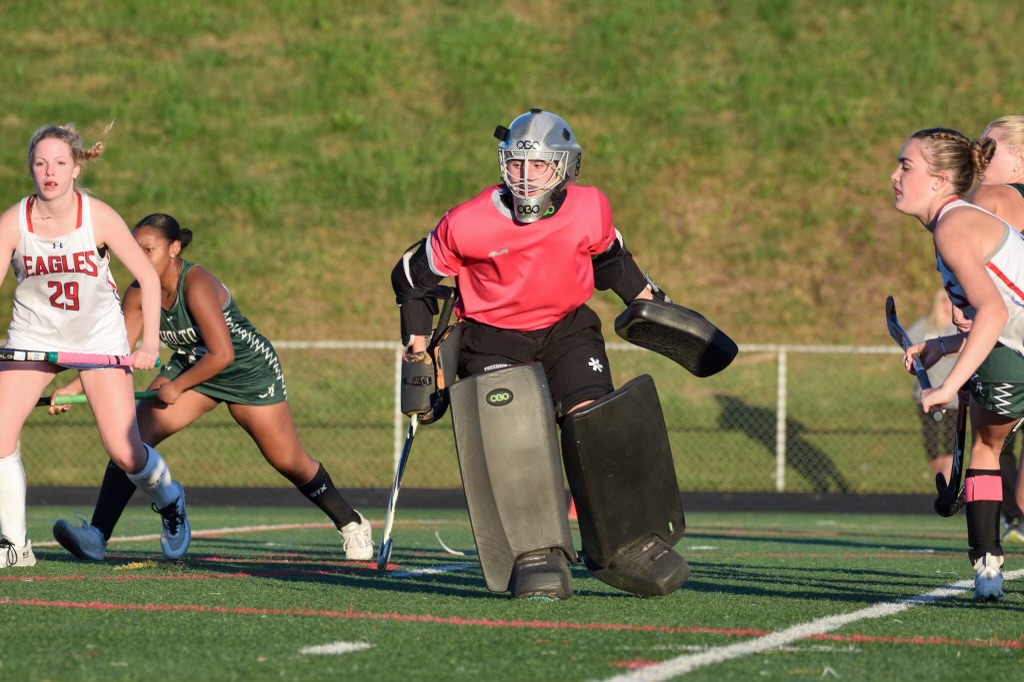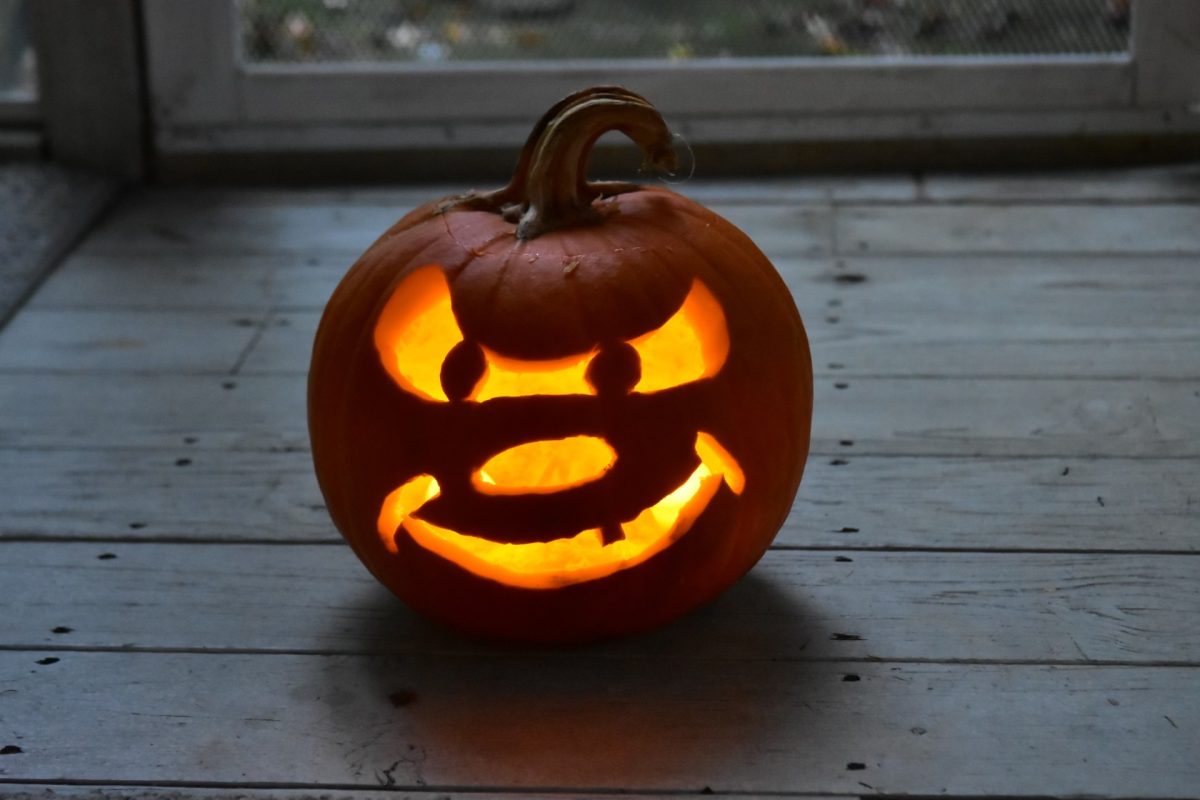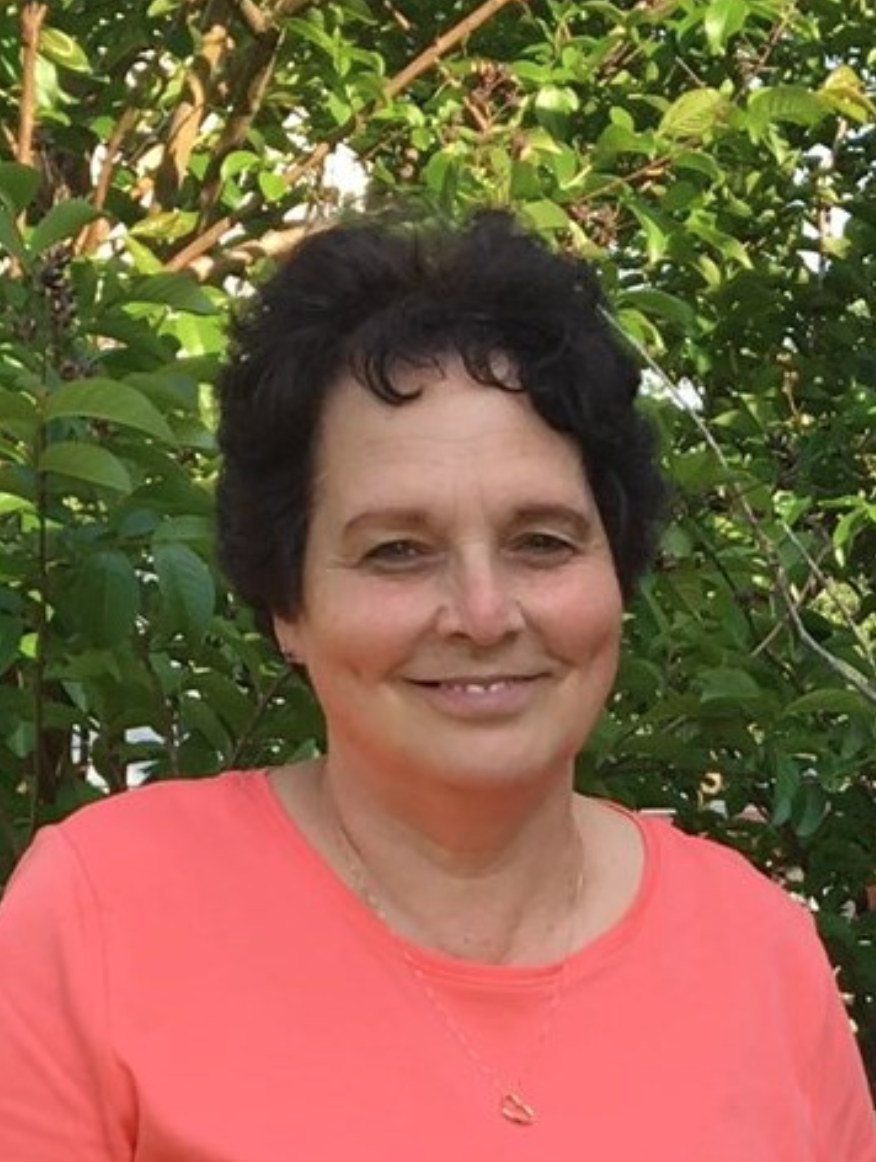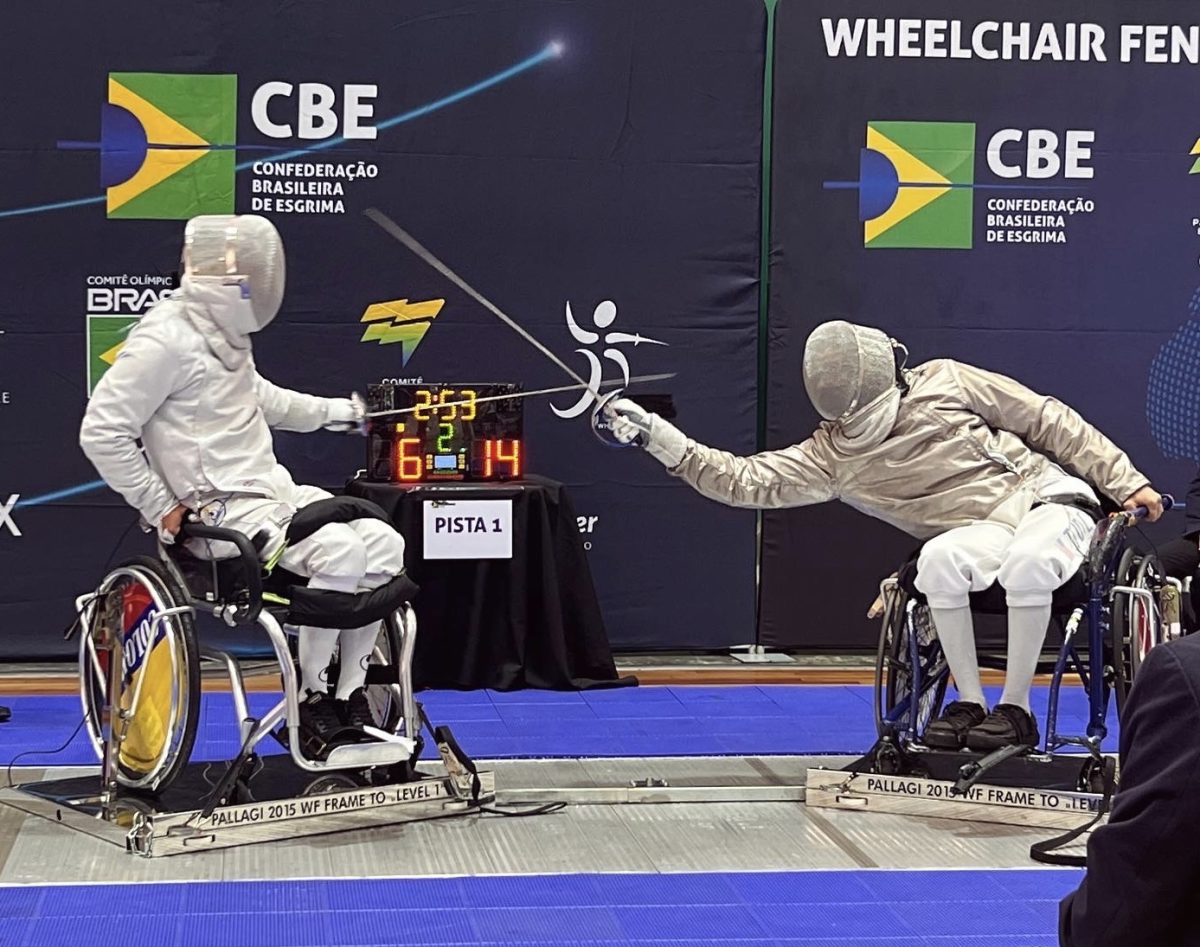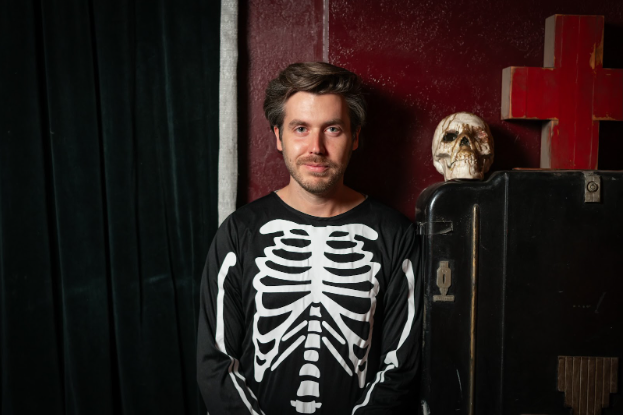Words: Madhu Lal
Broadcom Masters, (Math, applied sciences, technology and engineering rising stars), is a program which helps encourage middle school students to pursue their interests in math, science, and engineering fields. Centennial’s own Chythanya Murali was selected out of the 300 semifinalists to present her research project at the Washington D.C. Science for Science and the Public (SSP) science fair. The program is exclusively for middle school students, and Murali was chosen last year for her project on finding methods for cleaning oil spills using bio-addictive enzymes and biodegradable bacteria.
Broadcom masters, (Math, applied sciences, technology and engineering rising stars), is a program which helps encourage middle school students to pursue their interests in math, science and engineering fields. The program is exclusively for Middle school students. Murali had been selected out of the 300 semifinalists to present her research project on bio-addictive enzymes and bio-degradable bacterias, which may serve as a unconventional way in cleaning oils spills, at the Washington DC SSP (science for science and the public) science fair. Murali created her project on finding methods for cleaning oil spills when she was in middle school and was selected to participate in the event.
Murali was one of the few students who placed in the top 10% of the SSP affiliated science fair, as a result, she qualified to be part of the Broadcom masters competition. Murali had the opportunity to be awarded the $25,000 Samueli Foundation Prize.
On Saturday Murali and her team presented their project at the Smithsonian. Then, for the two days following their presentation, participated in challenges against 6 other teams.
The challenges that Murali, her group, and other participants engaged in were challenges which showcased their skills in critical thinking, collaboration, communication and creativity. According to Murali, “They [the challenges] were difficult, but I think we each grew as a person and learned to deal with difficult problems and how to work as an efficient team.”
By the end of the event, it was announced that Murali and her team, the white team, were awarded 1st place in the Engineering portion of the 8 STEM awards and were awarded $3,500 along with $500 prize given to all 30 finalists. The white team was also awarded the overall team award, an award allocated to the team who collaborated the best together. When asked how it felt to win 1st prize along with a cash prize Murali replied, “The most important feeling is knowing that I may be doing something that might save someone’s or something’s life. And that is the greatest feeling ever.”
